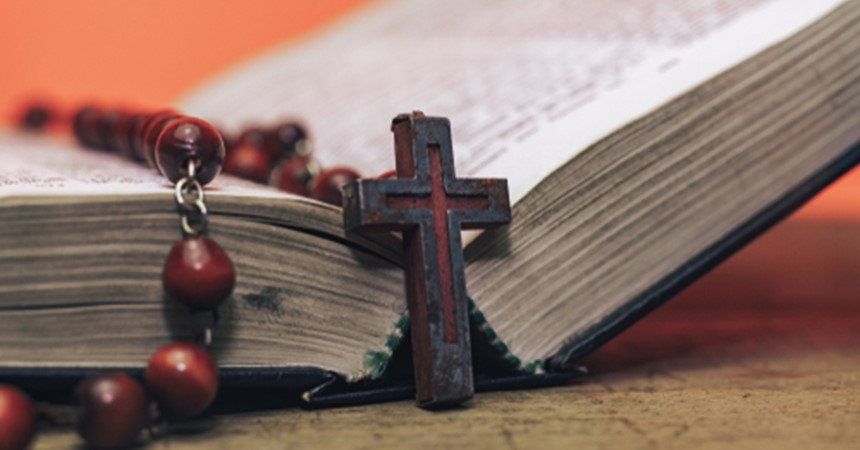In a recent interview with The Australian, Archbishop Fisher said the “relative autonomy and legal protections afforded religious institutions, including schools and hospitals, had come under increasing scrutiny and even attack”.
He has called on Catholics to “resist attempts” to exclude them from public life and urged the parliament to “ensure that respect for religious freedom informs our laws and social policies”.
“Anxiety about religious freedom was heightened in recent months, with debates about the funding of faith-based schools, proposed repeal of protections afforded religious schools, the seal of confession, and high-profile cases around freedom of speech and belief,” Archbishop Fisher said.
Federal Attorney-General Christian Porter recently told The West Australian religious freedom would be a top priority for the Morrison government in the 46th parliament.
“There was enormous concern in religious Australia,” he said about of Labor’s plans for religious freedoms had it been elected. “From schools to churches to groups in any way involved in organised religion. They were concerned and we saw it become a key issue during the election.”
The Attorney-General is expected to present a religious discrimination act to parliament as soon as July, acting on a pre-election commitment to boost protections for people of faith against discrimination and vilification.
Some Coalition MPs believe the election results — including significant swings away from Labor in highly religious seats — underline the case for bolder reforms to enshrine freedoms other than freedom from discrimination.
Dr Michael Stead, chair of the religious freedom reference group for the Anglican Diocese of Sydney, supported Archbishop Fisher’s calls for the government to prioritise a religious discrimination act.
He said a number of the swings in the recent federal election indicated the public was concerned about the issue of religious freedom. He pointed to the 6.5 per cent primary vote swing against Labor treasury spokesman Chris Bowen, who holds the safe seat of McMahon in Sydney’s west — a culturally diverse electorate that recorded a 64.9 per cent No vote against same-sex marriage.
“It demonstrates the need for the government to push ahead with its promise for a religious discrimination act, which would help alleviate some of the concerns that emerged, particularly during the last part of the election campaign,” Dr Stead told The Australian.



























































































